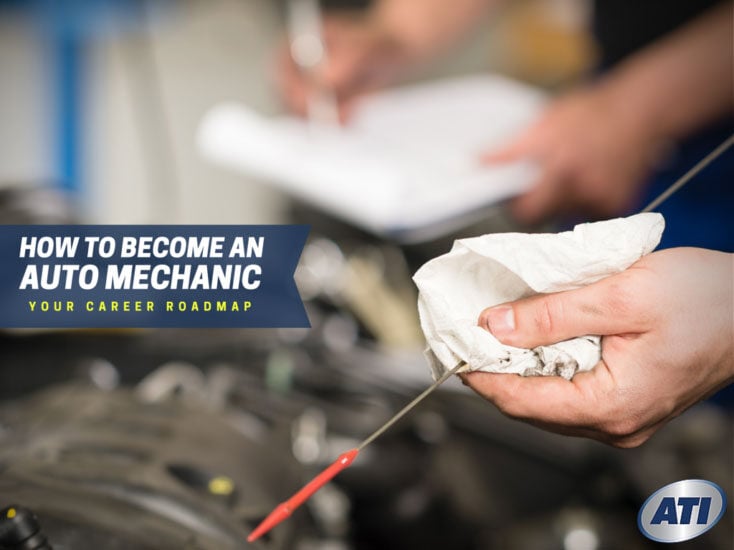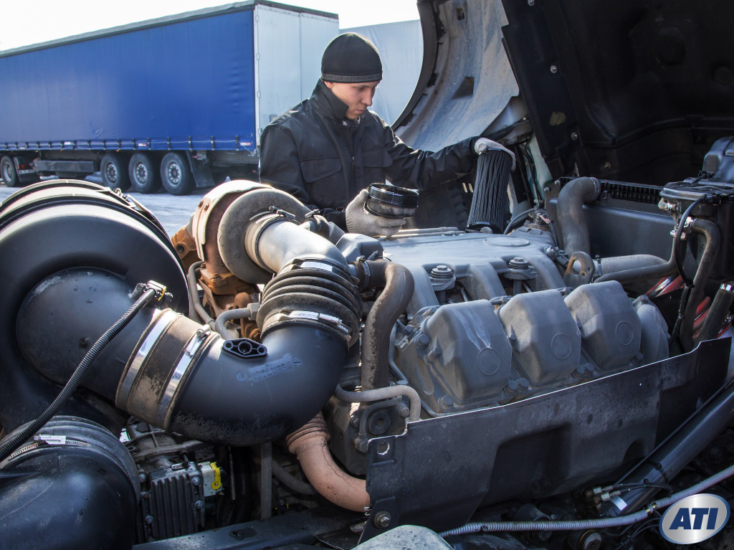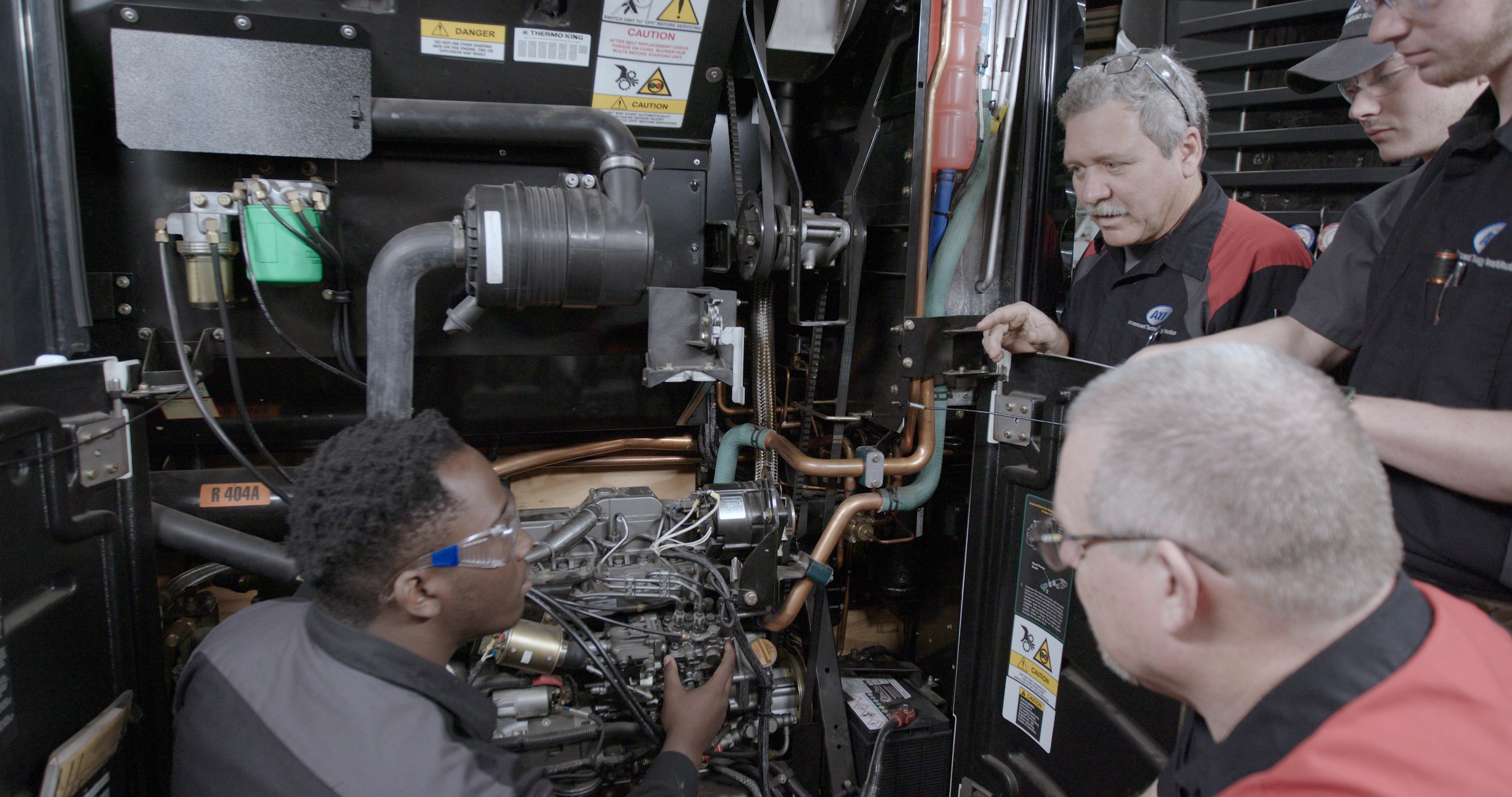Let’s Get Up to Speed: How to be an IndyCar Mechanic

How to be an IndyCar Mechanic
Training to become a race car mechanic starts early, in high school, by excelling at classwork that leads to automotive and high-performance engine work: technology classes, mathematics and science courses. A high performance engine mechanic is a combination of brains and brawn, intermixing knowledge of nuts and bolts with the eye-hand coordination of a magician. To become a race car mechanic, you need to know your way around a car and a career.
The Cool Personality
The best high performance engine mechanics stay calm and cool under pressure. The car you work on may cost millions of dollars, may stop running in the midst of a race, and may be as complex as a spacecraft. You have to know your tools and the car, and you must know how to get the most out of each.
Teamwork is a must—few race car mechanics name themselves Sparky and spend their entire careers working alone, on the powerful Mach Five. You strive to work for a racing team, where you will work in modern, clean facilities with the latest tools. Being on a team means working with both bosses and colleagues.
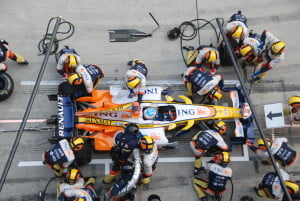 Communication skills are key to success as a high performance engine mechanic. Both hearing and explaining complex ideas are part of the daily work. You may never be called upon to write a 500-word essay on “Why I Want to be in the Pit Crew at Talladega Superspeedway,” but you will need to understand multi-step instructions and explain your reasoning or solutions to engine problems.
Communication skills are key to success as a high performance engine mechanic. Both hearing and explaining complex ideas are part of the daily work. You may never be called upon to write a 500-word essay on “Why I Want to be in the Pit Crew at Talladega Superspeedway,” but you will need to understand multi-step instructions and explain your reasoning or solutions to engine problems.
As you work on a race car team, keep an eye on your workmates. If one of the mechanics is Cooter and a woman named Daisy Duke is actually wearing Daisy Dukes, you are not on a race car team; you are trapped in a Dukes of Hazzard episode. Get out! Get out while you still can!
Training
Throughout high school you may have gained familiarity with hand tools, power equipment and engines. You may even have been able to work on a small racing team, such as midget racers. This is all good training for the exacting skills needed to work on high performance engines.
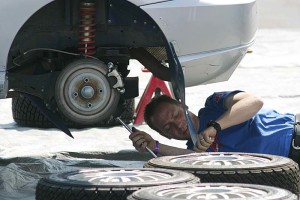 Unlike Mikaela Banes of Transformers fame, you should not depend solely on your father to learn to become a high performance engine mechanic. Attending a trade school, one specializing in automotive technology and race car engines, is an excellent way to learn the craft.
Unlike Mikaela Banes of Transformers fame, you should not depend solely on your father to learn to become a high performance engine mechanic. Attending a trade school, one specializing in automotive technology and race car engines, is an excellent way to learn the craft.
You may wish to become certified as an Automotive Service Excellence (ASE) technician. Taking ASE tests does not automatically make you a race car engine mechanic, but studying for the tests makes you a smarter technician:
- Advanced Engine Performance Specialist Certification Test (L1)
- Alternate Fuels Certification Test (F1)
- Auto Maintenance and Light Repair Certification Test (G1)
- Automobile & Light Truck Certification Tests (A Series)
- Automobile Service Consultant Certification Test (C1)
- Electronic Diesel Engine Diagnosis Specialist Certification Test (L2)
- Engine Machinist Certification Tests (M Series)
- Undercar Specialist Exhaust Systems Test (X1)
Attending a vocational school can not only prepare you for an excellent entry-level position with a racing team, it can prepare you for taking these tests.
High performance engine mechanic training is available throughout the United States, but because of its history with NASCAR and auto racing, the southeast, including Virginia, has some of the finest schools.
Interestingly, famed mechanic and A-Team member Master Sergeant B.A. Baracus did not receive any formal training, but I pity the fool who brings that up to him, face to face. You also don’t want to touch his gold jewelry.
I enjoyed my time here at ATI I learned a lot of good information from a lot of good people. The staff there is great and they really care about you the craft. I find that that’s the greatest way to go.
Posted by Josh Green on Friday, August 14, 2015
Get Started with ATI’s High Performance Mechanic Training
From the examples we discussed here, your best method of becoming a highly skilled, highly paid race car mechanic does not involve appearing in movies, games or shows. Attend ATI’s diploma program and earn your diploma in Automotive Technology with High Performance Engineering in 75 weeks. At ATI, you will receive the training to confidently take on an entry-level position among the nation’s strongest race teams.
DISCLAIMER – Advanced Technology Institute (ATI) makes no claim, warranty or guarantee as to actual employability or earning potential to current, past or future students or graduates of any educational program offered. The Advanced Technology Institute website is published for informational purposes only. Every effort is made to ensure the accuracy of information contained on the AUTO.edu domain; however, no warranty of accuracy is made. No contractual rights, either expressed or implied, are created by its content.
For more information about Advanced Technology Institute or any of our programs click here: http://www.auto.edu/ or http://ow.ly/VoydP.
Industry Knowledge
Welcome to the Advanced Technology Institute's Blog, your resource for industry insights and discussions on technologies shaping the future of automotive, heavy vehicle, hvac, welding, and other related career paths.
Explore how ATI's curriculum and hands-on learning opportunities can propel your career in the tech-driven world.

